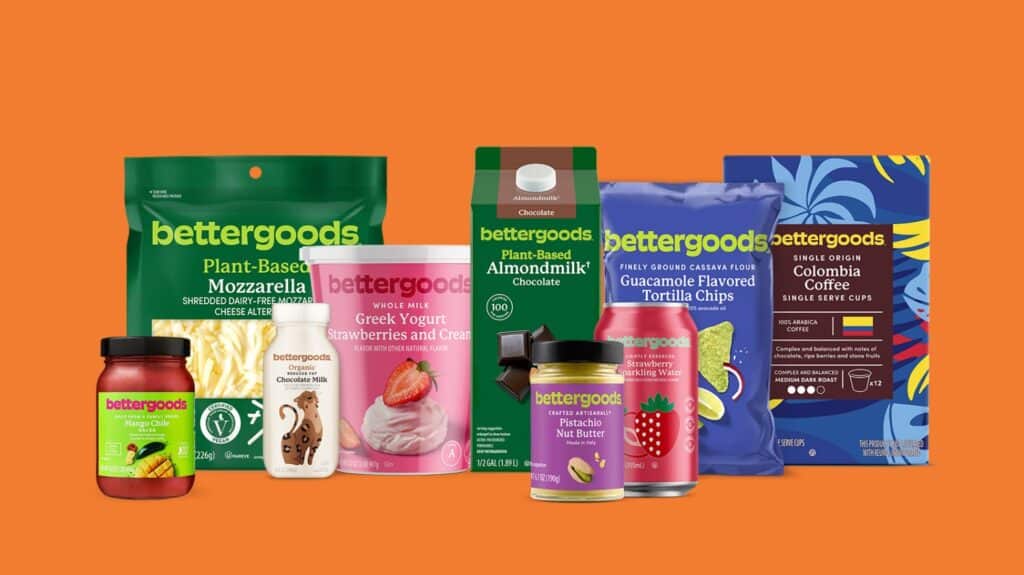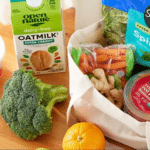
Recent figures show that we’re seeking out more coupons these days to save money on our favorite brands. But more shoppers – particularly younger ones – are looking for alternatives to coupon clipping, and seeking out less-expensive store brands instead. And now, more retailers want in on the action.
Walmart recently launched bettergoods, a new premium private label product line. Deep discounter Grocery Outlet followed with an announcement of its own, that it plans to introduce store-branded products later this year. And Target recently announced upgrades to its up&up product line.
Why? Because people are eagerly buying them – to save money, and also because they just like them.
A recent survey from CivicScience found that 70% of shoppers are buying store brands “somewhat” or “very” often, up seven percentage points from last fall. Store brand interest is even more prevalent among Walmart shoppers, at 79%.
And they’re particularly interested in Walmart’s new bettergoods products. Store brands used to be something you’d grab off the shelf if the name brand version was too expensive. But 61% of Walmart shoppers told CivicScience that they’re looking forward to seeing bettergoods products, and are likely to buy them. And that percentage jumps to 79% among 24-34 year olds.
So store brands are more than just a backup choice these days. Private labels are “building a reputation among consumers for being more than just an affordable option,” a new NIQ report reads. It highlighted the “generational momentum shown by private labels,” in finding that 70% of Gen Z and millennial shoppers said private labels are just as good as national brands. Their boomer counterparts, meanwhile, aren’t as interested in store brands, as they may “have preconceived notions of private label products as boring or bland.”
That CivicScience survey found something similar. Among Walmart shoppers, the younger the shopper, the more interested they were in bettergoods products. Among those 55 and up, only half said they were interested, with only 7% saying they were very likely to shop the new product line.
But that’s ok, because Walmart and its rivals would rather appeal to younger shoppers than try to change the habits of older shoppers who are already set in their ways. A survey late last year by the Private Label Manufacturers Association found that more than half of Gen Z grocery shoppers “frequently” or “always” choose a store specifically because of its private label brands. And two-thirds said they “frequently” or “always” buy store brands when they shop.
“In today’s price-driven economy, loyalty isn’t as clear cut,” NIQ Vice President of Marketing & Communications Lauren Fernandes said in a statement. “The gap between private labels and name brands continues to close.”
Even shoppers who have money to spend, don’t want to overspend on big brands if they don’t have to. NIQ found that 72% of shoppers making more than $100,000 a year felt that private label products are a good alternative to national brands.
CivicScience found that nearly half of all shoppers are buying store brands over name brands more often than they did last year. That’s good news for the stores that offer their own brands – but the competition is growing fierce. Walmart’s bettergoods brand, CivicScience found, “is also a major draw among customers of each of its biggest rivals.” More than two-thirds of Target and Whole Foods shoppers, and three-quarters of Trader Joe’s shoppers, are interested in trying the new Walmart brand.
So there’s nothing like some heated competition to keep prices down. And with everyone trying to save money on groceries these days, some new entrants in the store brand space, could be just what our grocery budgets need.
Image source: Walmart










